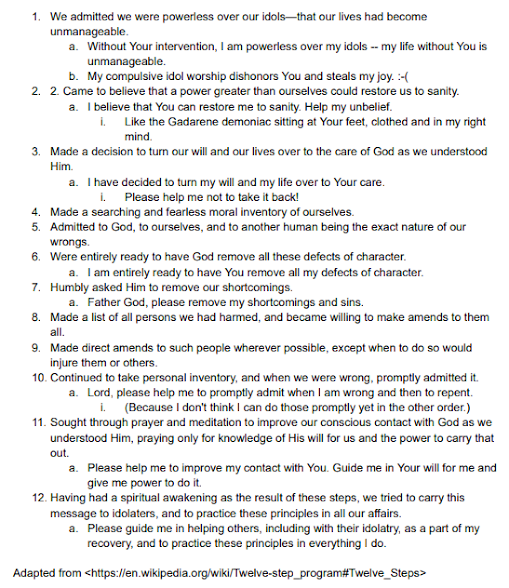I read this a while ago in an early, simple edition that didn't give enough context. So I recently re-read it in an expanded edition that was a lot more helpful. Here are my second and first reviews from Goodreads in that order
Overall, this is a great book well worth reading. I haven't put my finger on it yet, but I think Bonhoeffer has some powerful lessons for us about nationalism in this time.
Unintegrated thoughts from my second reading:
Reading this book is a long exercise in observing hope that will never be realized in this world. Bonhoeffer hoped to be released, in part because they didn't really have evidence to pin him down at first and didn't know how deeply he was involved in the conspiracy. But the disappointment in his hopes for this world, of course, is part of the lesson. 'This is the end. For me, the beginning of life.'
B. makes a lot of absolute theological statements that are not absolute.
I have some doubts about poor Maria and if the engagement was a good idea. I get the impression the rest of her life was not very happy. And I wonder what happened with her faith. Part of B.'s theology was to act as best as we can given what we know. It's possible that will have bad results, but we look for God to redeem those, too. 'Sin boldly, but trust in grace more boldly still.' -- Luther
B. obviously really loved his friend Eberhard Bethge. It seems like they had a great friendship.
B. is the patron saint of introspective academics, including taking action and becoming a martyr. But all of the idiosyncratic theorizing does get to be a bit much in parts.
In some ways, Bethge was the great (Platonic) love of B.'s life (more so than his romantic relationship with Maria). Their letters and persistent devotion to one another make a strong impression.
B. criticized 'pietism and methodism', which in their healthy form have borne more good fruit that all the academic theology in history.
Liberal theologians love B. But he's a lot more conservative than them.
Edit to previous review:
The previous edition I read (which I happened to have) was not helpful. There weren't enough notes to help provide context, not least because Bonhoeffer was playing a role in many of his letters (for the censors) and they read as being pretty naive and over-cheerful. I finally started reading the relevant parts of [book:Bonhoeffer: Pastor, Martyr, Prophet, Spy|7501962] beside it and that helped a lot.
What made B. such a great man? He was brilliant and came from a great family and had great opportunities. But I think one of the biggest factors that made him the man he was was his discipline. He was very disciplined about meditating on the Bible and prayer (though not in a fundamentalist way). Further, as he wrote in his poem 'Stations on the Road to Freedom' [http://www.swordofthespirit.net/bulwark/february2012p3.htm], discipline is essential to freedom (including the ability to act and do the right thing).
Reading this book, even knowing the ending in advance, is sad. It's sad that we lost such a man to the insanity of Nazi Germany. But B. believed in a greater life than the one that he was living, and he hoped in that in very difficult circumstances. 'This is the end. For me, the beginning of life.'

